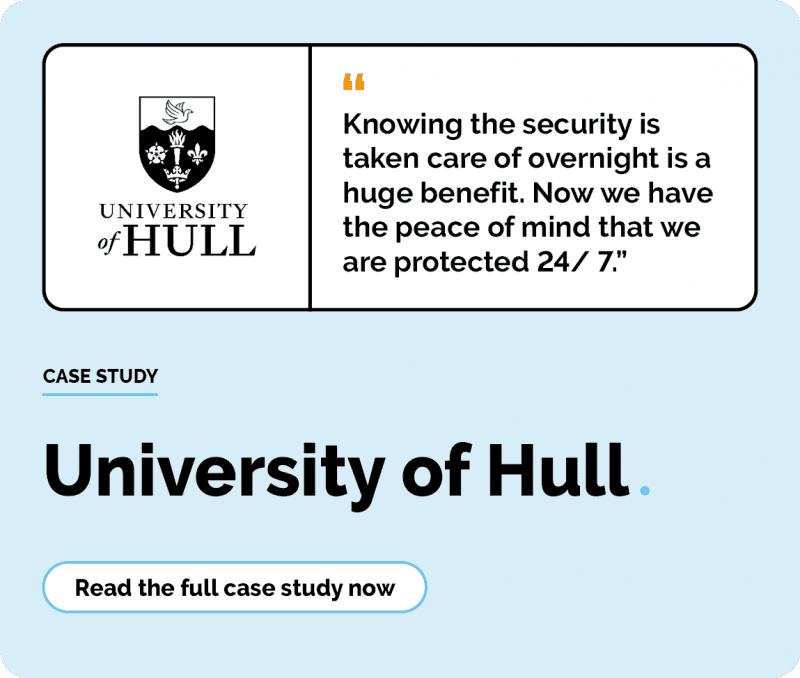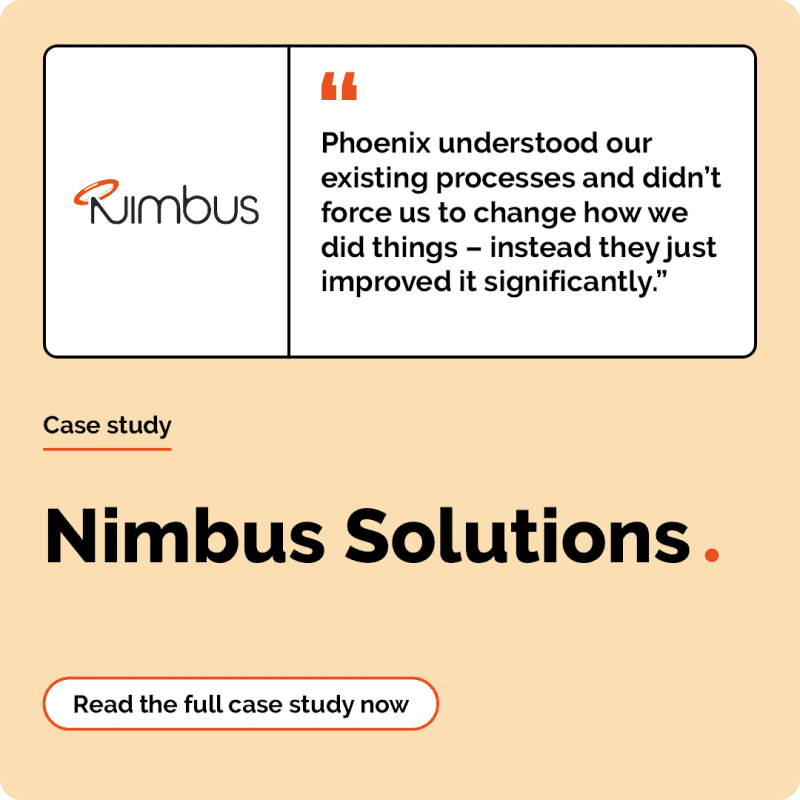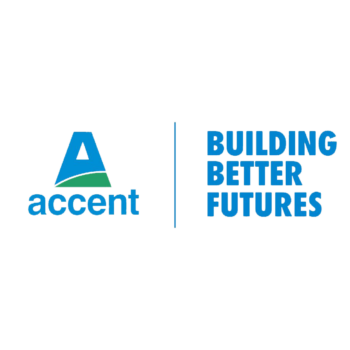Founded in 1966, Accent Housing provides social housing for 35,000 people and has grown considerably in recent years to now manage 20,000 homes across the UK.
The challenge
Recently, Accent Housing’s more significant growth has come through mergers and acquisitions, which has led to a need to overhaul the existing IT infrastructure, creating a modern, agile and consistent platform for continued growth. They needed a platform on which to integrate new acquisitions.
Performance and capacity are the watchwords for a busy and growing organisation like Accent and both were being compromised. Of particular concern was the ageing storage infrastructure.
Accent’s existing Storage Area Network (SAN) was coming to its end of life, as was the HPE blade hardware. This infrastructure had failed to keep pace with the increasing amounts of data that were being generated by the association and the ageing compute was not delivering the performance they required. This also threatened their disaster recovery position which had implications for some industry regulations.
“There were performance issues, and another problem was lack of capacity,” says Accent’s Service Delivery Manager, Nigel Barry. “When we wanted to spin up a new server, sometimes we had to downsize or decommission other servers to try and make enough space.
With the old solution, if we had wanted to just increase the disk space slightly, we would have had to buy a completely new shelf and then buy the disks on top, which was very costly. That is why we looked at going with a new, replacement solution.”
When the contract on the old system was coming up for renewal, Accent Housing looked at new systems on the market and issued a Request for Proposal (RFP).
“We were looking for a solution that would allow us to grow to meet both current and future demands and that was easy to upgrade and maintain,” says Nigel.
The solution
Accent Housing has worked with Phoenix Software for a number of years, particularly around the provision of its Microsoft licences.
Our proposal was to move towards a Hyper-converged IT Infrastructure (HCI), integrating the compute and storage components of a data centre. This would reduce manual processes and the need for siloed operational expertise, creating a single, converged IT team to monitor and manage compute and storage resources.
Accent currently has a traditional virtualised infrastructure in place based upon 12 VMware vSphere hosts in Shipley and four vSphere hosts located at a second site in Bradford. The HCI proposal was based on Accent’s existing vSphere while layering on top of VMware vSAN, which was built into the latest release of the vSphere product.
“vSAN blew all the other solutions out of the water,” says Nigel. “It ticked all the boxes and more. It was the ease of use, the resilience and redundancy of the system plus the ease with which we could upgrade, change and patch, which we’ve now done several times in-house.”
We engaged pre-sales, created and ratified a design. We then installed and migrated workloads, provided training, did full handover and future-proofed the vSAN. “It left us in a really good position,” says Nigel.
The results
Implementing VMWare vSAN offered the customer improved storage performance on all flash storage, reduced management complexity and improved Disaster Recovery (DR) SLAs. By removing physical SAN technology and moving into the host, Accent hugely simplified its IT management.
Our engagement delivers a number of additional benefits:
Because the vSAN kernel is embedded into vSphere and the storage is local to the host, I/O throughput has been improved as external storage arrays are not required. Administration is also simpler because there is only one contact for both storage and compute.
“The configuration is also a big improvement,” says Nigel. “Increasing the disk space with our old system was an out-of-hours job. Now we can do it a lot more quickly. You just click from the console to expand the drive and it’s done.”
Regulatory compliance is more straightforward, as Nigel explains: “This is a big issue for us and the ability of vSAN to move the data around so quickly has enabled us to do a lot of housekeeping in terms of reporting on the amount of data we have.”
The project has proved so successful Accent has committed to two new servers. They will install and configure two additional servers to expand the current six-node all flash vSAN solution. The two servers are required to host the new Skype for Business solution. In total, there will be 12 additional virtual servers within the new solution to run over these two nodes.
In addition, Accent Housing is considering a proposal for a three-node vSAN cluster for its DR site to host the telephony system.





